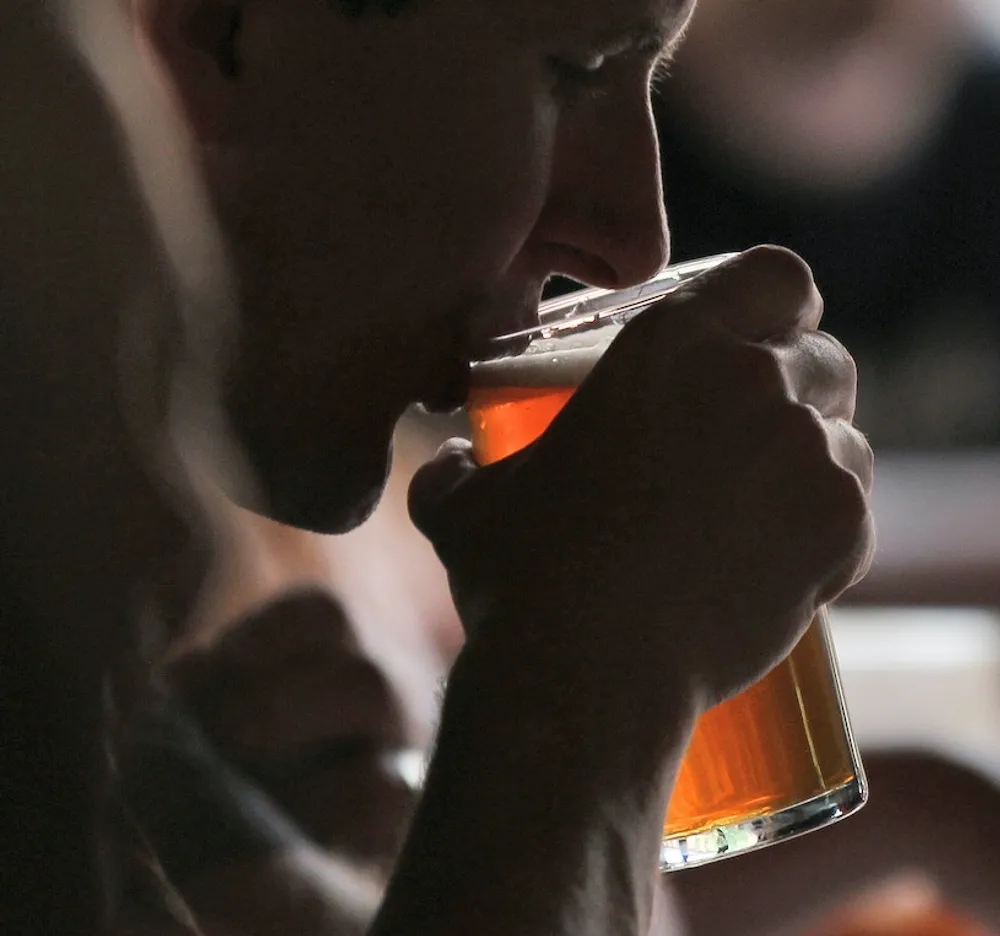How Can Addiction Recovery Help With Alcoholism?
We all know that it can be hard to come to terms with alcohol abuse. Whether you are seeking help for yourself or for another person, it can be tough to understand the situation. You may even be unsure about the signs or symptoms you should be looking for.
Perhaps you can tell that a family member has a problem but you’re not sure if it’s an addiction yet. And if the person is yourself, do you keep thinking that you can get sober on your own?
Starting the recovery process, although it may feel daunting, can benefit you if alcohol is interfering with your life in any way. Recovery from alcohol abuse or addiction is more than just a path to getting “sober.” During recovery, you’ll learn how to:
- Overcome bad habits,
- Develop healthy coping mechanisms
- Work through a wide range of therapies
- Change your outlook on life
- Reduce the likelihood of relapse
What Are The Warning Signs Of Alcohol Abuse?
There are a number of warning signs for alcohol abuse. The best place to start is with informal, honest questions. You can ask yourself:
- Do I find myself thinking about alcohol a lot?
- Have I tried to quit drinking before, but couldn’t do so?
- Is my drinking negatively affecting my job or personal relationships?” “Do I drink when I feel lonely or sad?” If you have answered yes to any of these questions, we encourage you to seek treatment.
There are various warning signs to help detect potential alcohol abuse. While many signs are recognizable, others may be more difficult to identify. Also, the severity of alcohol abuse may play a role in the warning signs a person exhibits. For example, some people try to cover their alcohol abuse by drinking in private and isolating themselves from others. This makes it challenging for family members or friends to intervene and help their loved one.
Mild alcohol abuse can be easily overlooked. However, what may appear as a minor issue can turn dangerous over time. These early warning signs should not be ignored. Seeking treatment sooner rather than later will allow you to get back to the things you enjoy most in life.
Recognizing Alcoholism With The CAGE Questionnaire
In addition to the warning signs above, you can always resort to the CAGE questionnaire, which is used by professionals. According to the American Addiction Centers, the acronym CAGE consists of four questions and stands for the following:
- C = cutting down
- A = annoyance by criticism
- G = guilty feeling
- E = eye-openers
Experts say that if you answer “yes” to two or more of the CAGE questions, you should seek professional recovery treatment. The four questions are:
- Have you ever felt you should cut down on your drinking?
- Do you feel annoyed when people criticize your drinking?
- Have you ever felt guilty about your drinking?
- Have you ever had a drink when you wake up in the morning to calm your nerves or get over a hangover?
What Are The Dangers Of Alcohol Abuse?
Alcohol abuse can lead to a number of issues. These can affect both your personal and professional life. Long periods of drinking puts you at risk for developing serious health complications. Moreover, they can lead to other potentially life-threatening consequences.
Denial is one of the main dangers of why people don’t get help for alcoholism. Some people will try to rationalize their drinking behaviors or deny that they have a problem at all. Do you find yourself blaming other people or certain circumstances for your drinking? Rather than acknowledging the problems you’re having from alcohol abuse, you become defensive when someone mentions your excessive drinking pattern. By refusing to recognize the negative consequences of alcohol, you’re preventing yourself from living a healthy, sober life.
It’s time to stop making excuses for your drinking and get the help you deserve. Learn about alcoholism support options and find other resources to start on your recovery plan today.
What’s The Link Between Alcohol Addiction, Trauma, And Other Risk Factors?
In addition to other risk factors that make someone more prone to alcohol abuse, trauma is one of the main ones. One study examined the relationship between different types of traumatic events and alcohol abuse. As one might expect, the relationships are complicated. It can be firmly established that there is a link but how this link functions exactly depends on many factors.
Adolescent drinking is also worth studying, especially in terms of risk factors for alcoholism. Because teenagers’ brains are still developing, their drinking behaviors vary greatly compared to those of adults.
As to why underage drinking begins, teens may turn to alcohol for various reasons. These include peer pressure and just wanting to experiment or have fun. There are also behavioral, physical, and environmental factors that may play a role in the risk of adolescent alcohol abuse.
For both adults and teens alike, there is also a draw to alcohol in order to escape your reality.
Adults and teens alike experience stressful situations. How they deal with these situations oftentimes includes alcohol or substance use.
Getting Help For Alcohol Abuse And Addiction
Anyone can begin the process of getting help of alcohol abuse. The first step is to acknowledge that you need the help and then simply reach out to resource for help. You may feel more comfortable talking to a trusted family member or friend first, but ultimately you should seek professional treatment.
A treatment center will help you at the level that you’re at. Whether you need alcohol detox, full medical attention, therapeutic counseling, or a combination of all of the above, an equipped center will have what you need. Get in touch with Impact Recovery today to start your healing journey. Every day counts, so make today the beginning of your new life.
